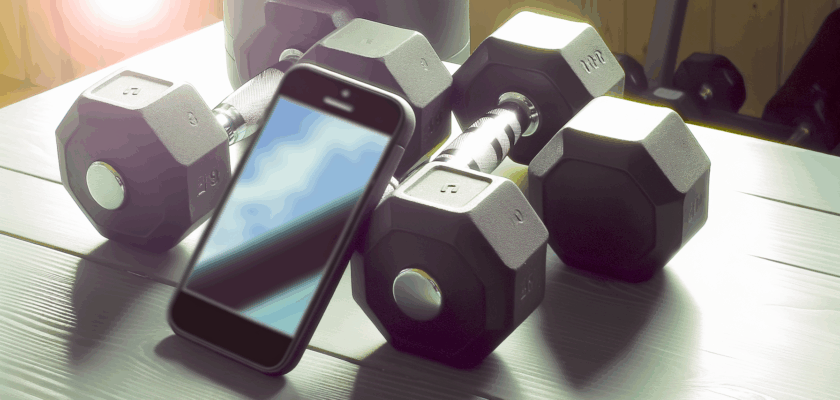Selecting the appropriate dumbbells is a crucial first step for beginners embarking on their fitness journey. With a myriad of options available in the market, understanding which dumbbells best suit individual needs can significantly impact workout effectiveness and safety. This article explores the key factors to consider when choosing dumbbells for beginners and offers a comparative overview of different types, enabling informed decisions for optimal training outcomes.
Factors to Consider When Selecting Dumbbells for Beginners
When starting out, the weight of the dumbbells plays a pivotal role. Beginners should select weights that are challenging yet manageable to maintain proper form and avoid injury. It’s often recommended to start with lighter weights, around 5 to 15 pounds, depending on the exercise and individual strength levels. Adjustable dumbbells can also be advantageous, allowing gradual progression without the need for multiple sets.
Comfort and grip are equally important, especially for those new to weight training. Dumbbells with ergonomic handles and non-slip grips help ensure secure handling, reducing the risk of accidents. Additionally, the material of the dumbbell’s handle and coating can affect comfort during extended workout sessions, making it worthwhile to test different options where possible.
Storage and space considerations should not be overlooked, particularly for home gyms. For beginners with limited space, compact and easily stored dumbbells, or adjustable models that consolidate multiple weights into one set, are practical choices. Portability and durability are further factors that contribute to the dumbbells’ longevity and convenience in everyday use.
Comparing Types of Dumbbells: Pros and Cons Explained
Fixed-weight dumbbells are straightforward and durable, offering simplicity for beginners who want to focus on form and technique without the distraction of adjustments. Their robust construction often includes rubber or neoprene coatings that protect floors and reduce noise. However, fixed sets can be expensive and take up significant space if multiple weight increments are needed.
Adjustable dumbbells provide versatility by combining various weight options into one compact unit. This design is particularly cost-effective and space-saving, ideal for beginners aiming to increase their strength over time without investing in numerous fixed pairs. On the downside, adjustable dumbbells may have moving parts that require maintenance and can be less stable during some exercises compared to fixed models.
Other types such as selectorized dumbbells and spin-lock dumbbells cater to more specific needs. Selectorized dumbbells allow quick weight changes via a dial mechanism, enhancing convenience but often at a higher price point. Spin-lock dumbbells offer secure weight holding and customization but may be cumbersome and time-consuming to adjust between sets, potentially disrupting workout flow for novices.
Choosing the right dumbbells is a foundational decision that influences the success and enjoyment of a beginner’s fitness routine. By considering factors such as weight, comfort, and storage, alongside understanding the strengths and limitations of different dumbbell types, novices can select equipment that supports their goals effectively. Ultimately, the best dumbbells are those that motivate consistent use and facilitate safe, progressive training.

